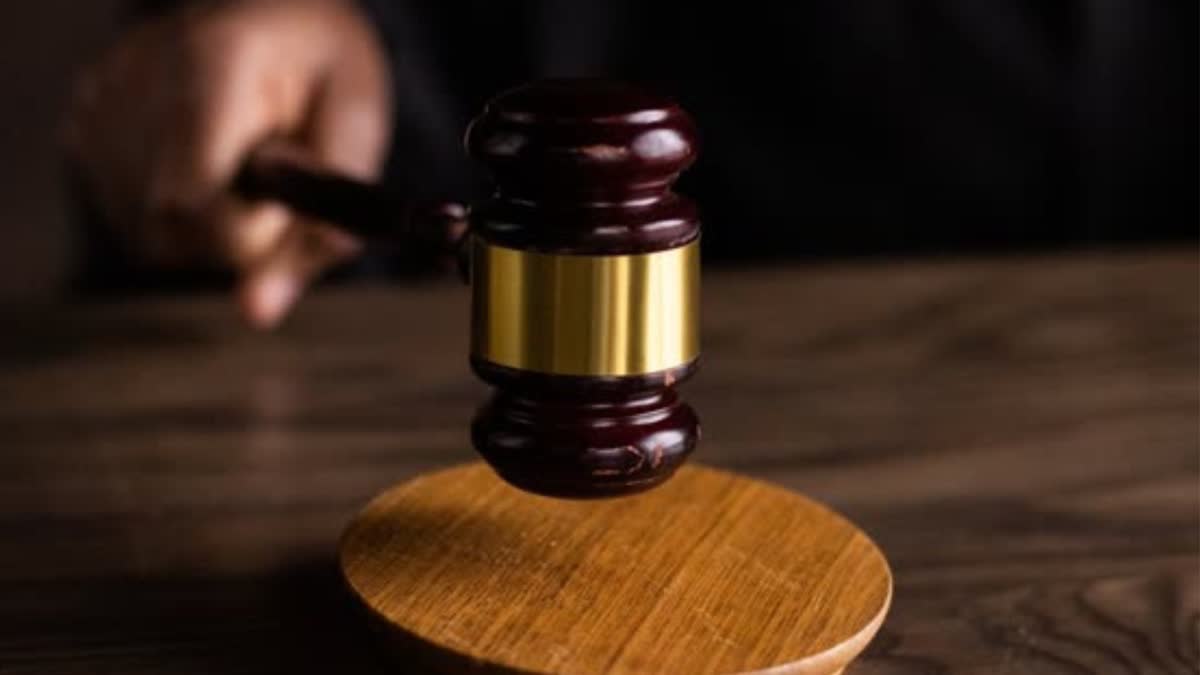New Delhi:The Supreme Court on Tuesday said that a constitutional court examining the plea of discrimination is mandated to consider whether real equality exists and also obliged to probe as to whether beneath the veneer of equality there is any invidious breach of Article 14.
The apex court cited national and international luminaries in various fields to emphasize on the importance of accommodating persons with disabilities in society and institutions, while ruling that mere existence of a benchmark disability of 40 per cent does not bar a person from pursuing medical education unless there is an expert report that the candidate was incapacitated from pursuing MBBS.
A bench comprising justices B R Gavai, Aravind Kumar, and K V Viswanathan said: “We hold that quantified disability per se will not disentitle a candidate with benchmark disability from being considered for admission to educational institutions”.
Justice Viswanathan, who authored the judgment on behalf of the bench, said the candidate will be eligible, if the disability assessment board opines that notwithstanding the quantified disability the candidate can pursue the course in question.
“The Disability Assessment Boards assessing the candidates should positively record whether the disability of the candidate will or will not come in the way of the candidate pursuing the course in question. The Disability Assessment Boards should state reasons in the event of the Disability Assessment Boards concluding that the candidate is not eligible for pursuing the course”, said the apex court.
The bench said the disability assessment boards will, pending formulation of appropriate regulations by the National Medical Commission (NMC), pursuant to the communication of January 21, 2024, by the Ministry of Social Justice and Empowerment, keep in mind the salutary points mentioned in the said communication while forming their opinion.
Justice Viswanathan said a constitutional court examining the plea of discrimination is mandated to consider whether real equality exists, and added that this court is not to be carried away by a projection of facial equality. “Viewed at first blush, the regulation providing that all persons with 40% or more disability are uniformly barred from pursuing the medical course in the category of speech and language disability, may appear non-discriminatory. But here too, appearances can be deceptive. The court of law is obliged to probe as to whether beneath the veneer of equality there is any invidious breach of Article 14”, said Justice Viswanathan.
The apex court made it clear that pending creation of the appellate body, “we further direct that such decisions of the Disability Assessment Boards which give a negative opinion for the candidate will be amenable to challenge in judicial review proceedings”.
“The court seized of the matter in the judicial review proceedings shall refer the case of the candidate to any premier medical institute having the facility, for an independent opinion and relief to the candidate will be granted or denied based on the opinion of the said medical institution to which the High Court had referred the matter”, said the bench.
The apex court said disabilities assessment boards are not monotonous automations to just look at the quantified benchmark disability as set out in the certificate of disability and cast aside the candidate. “Such an approach would be antithetical to Article 14 and Article 21 and all canons of justice, equity, and good conscience”, said the bench.
